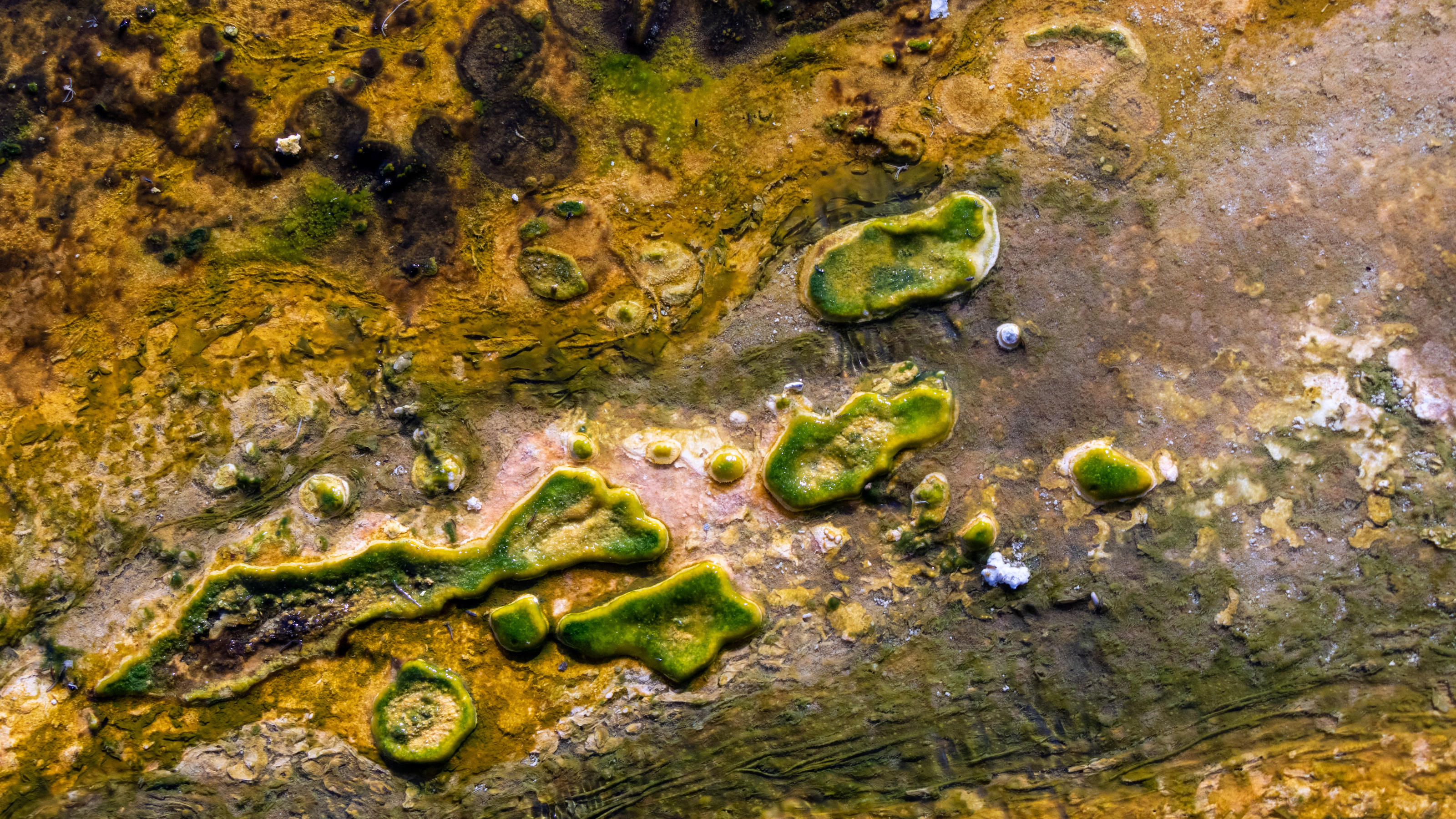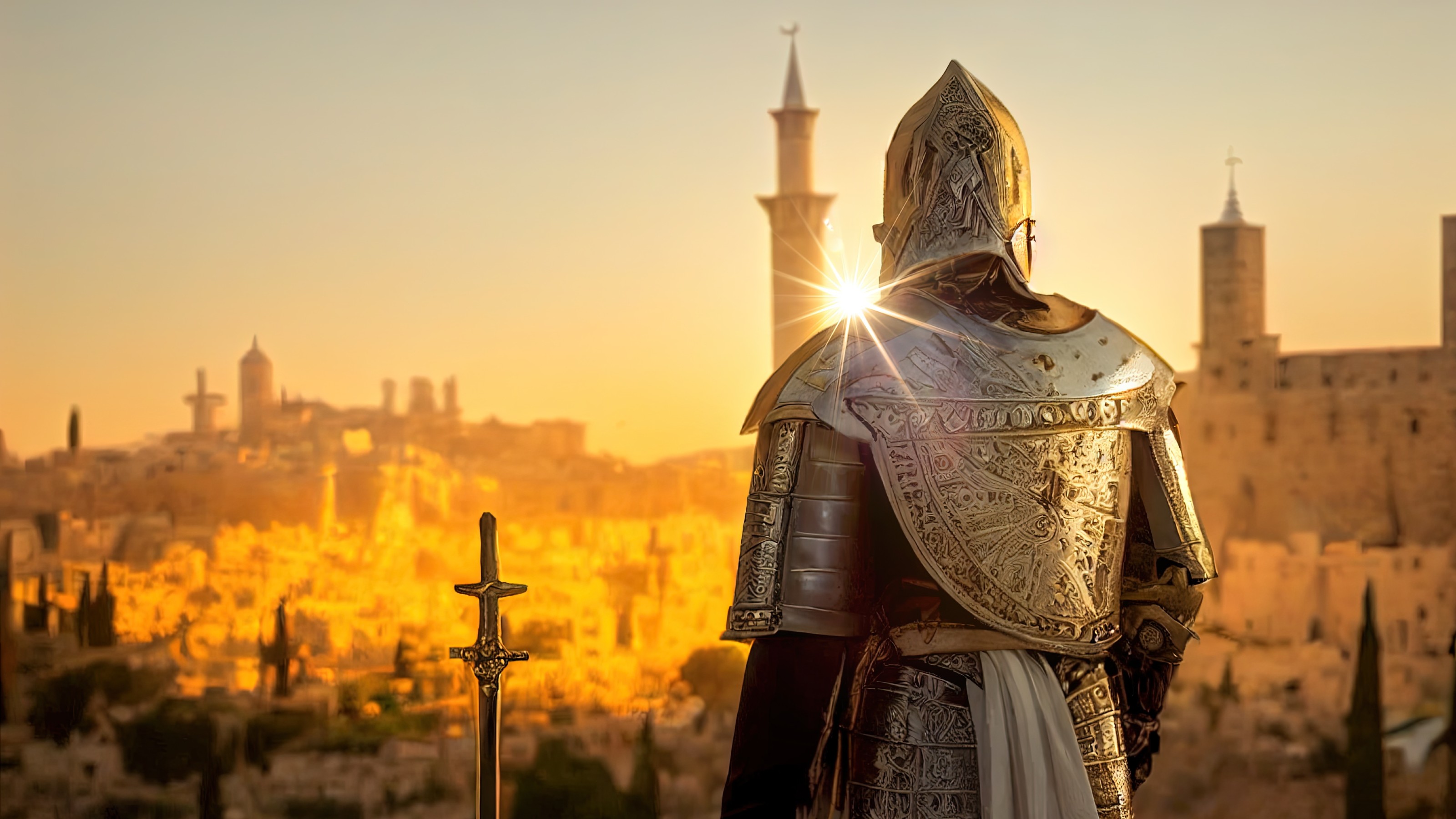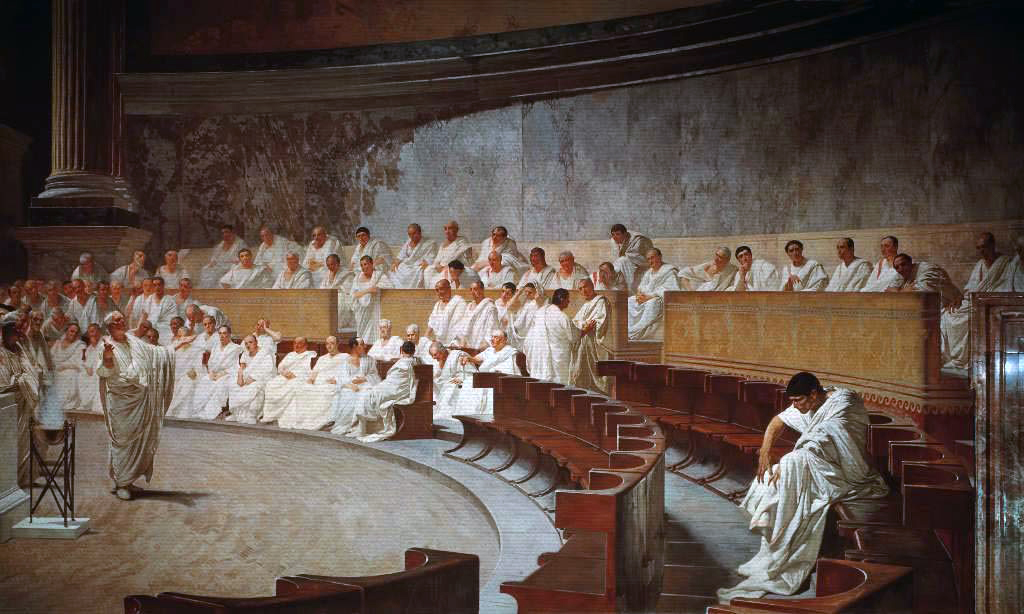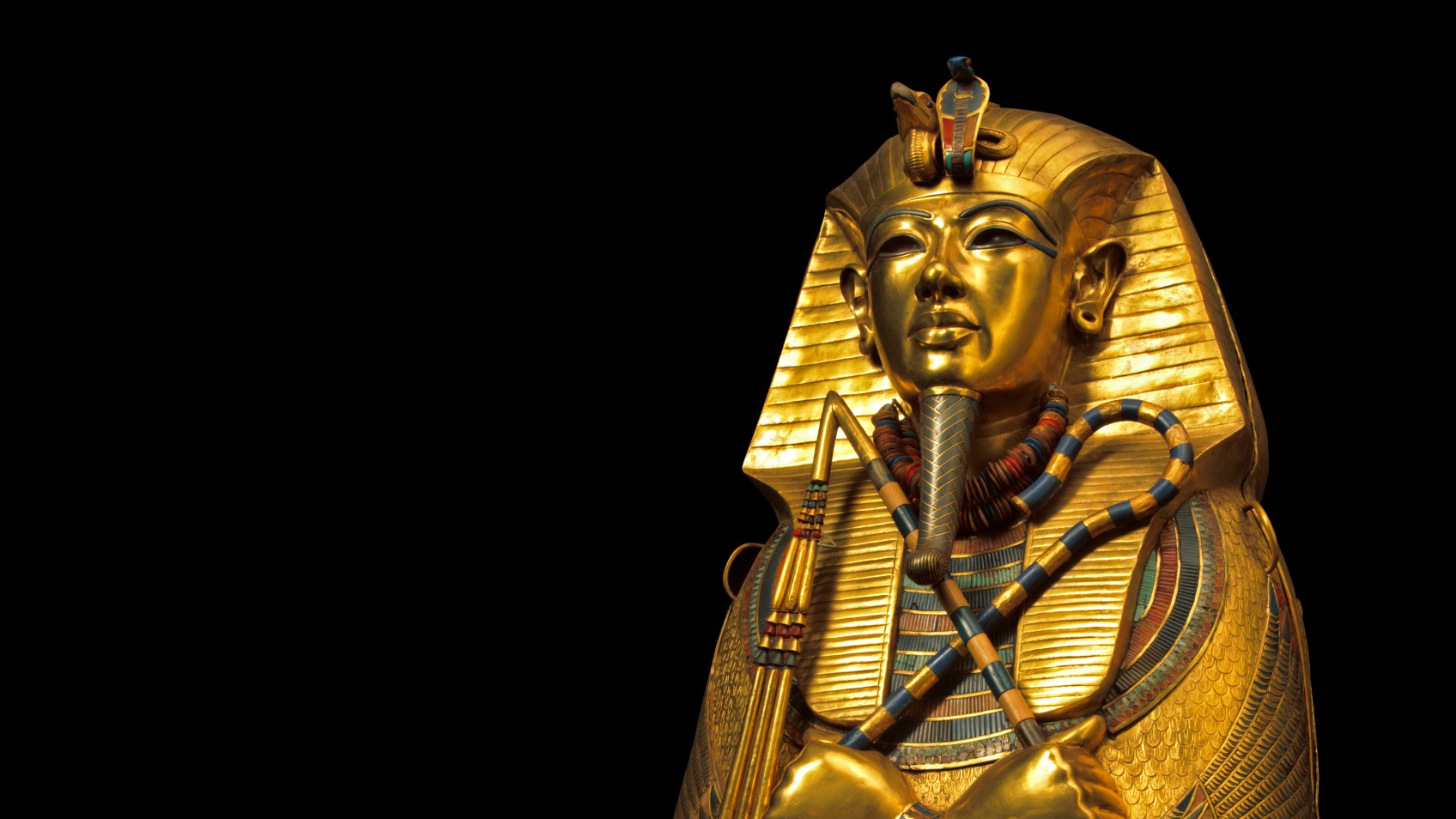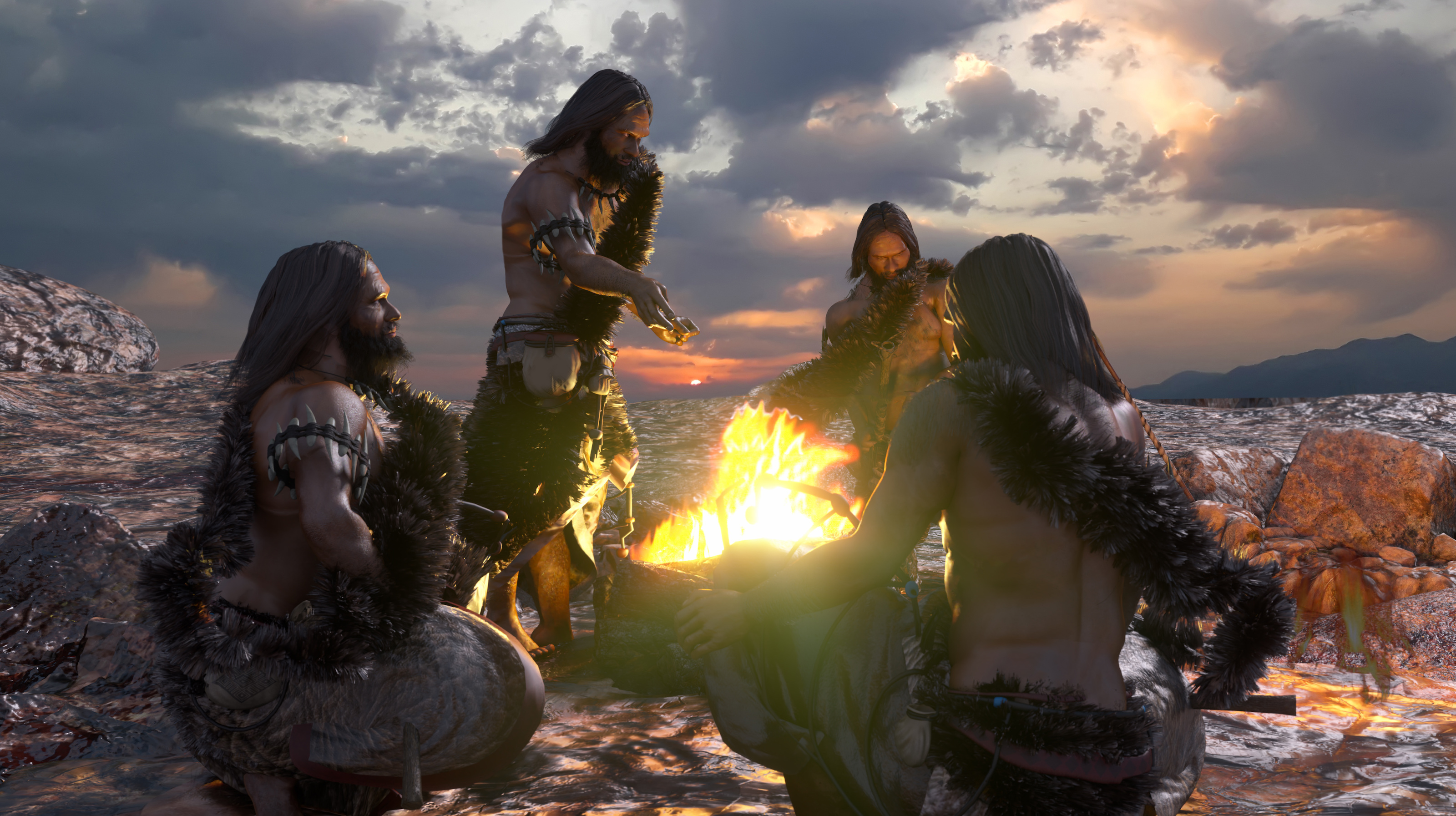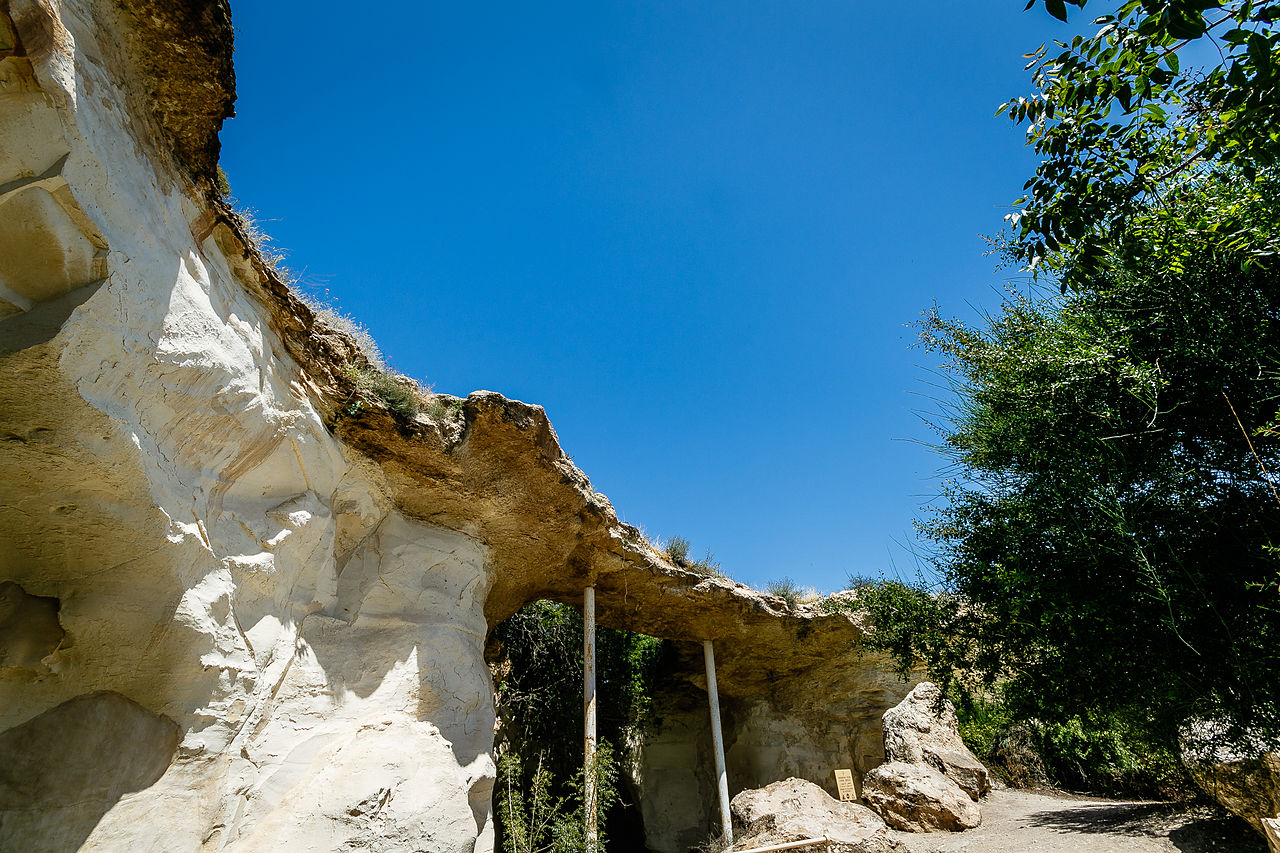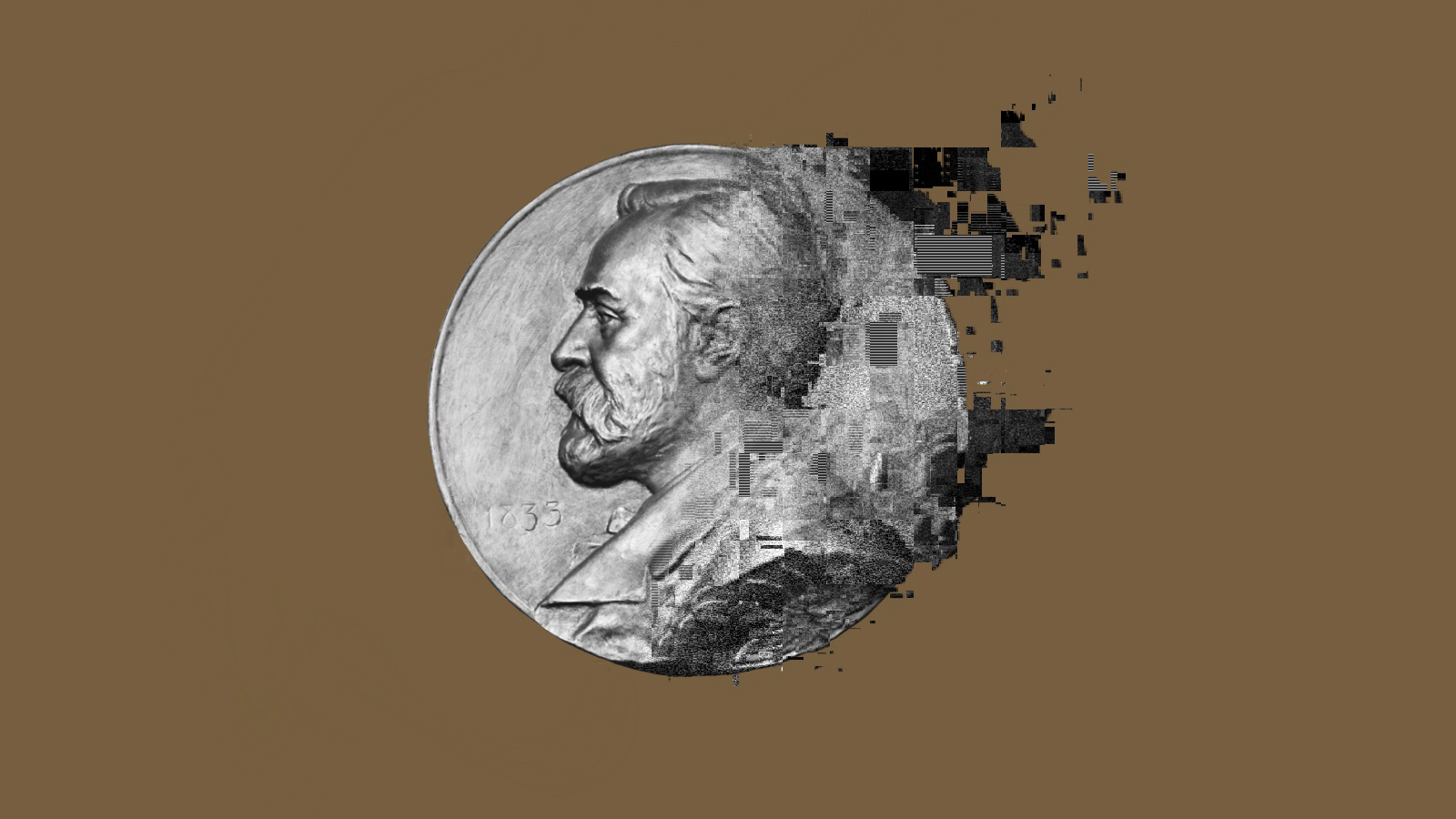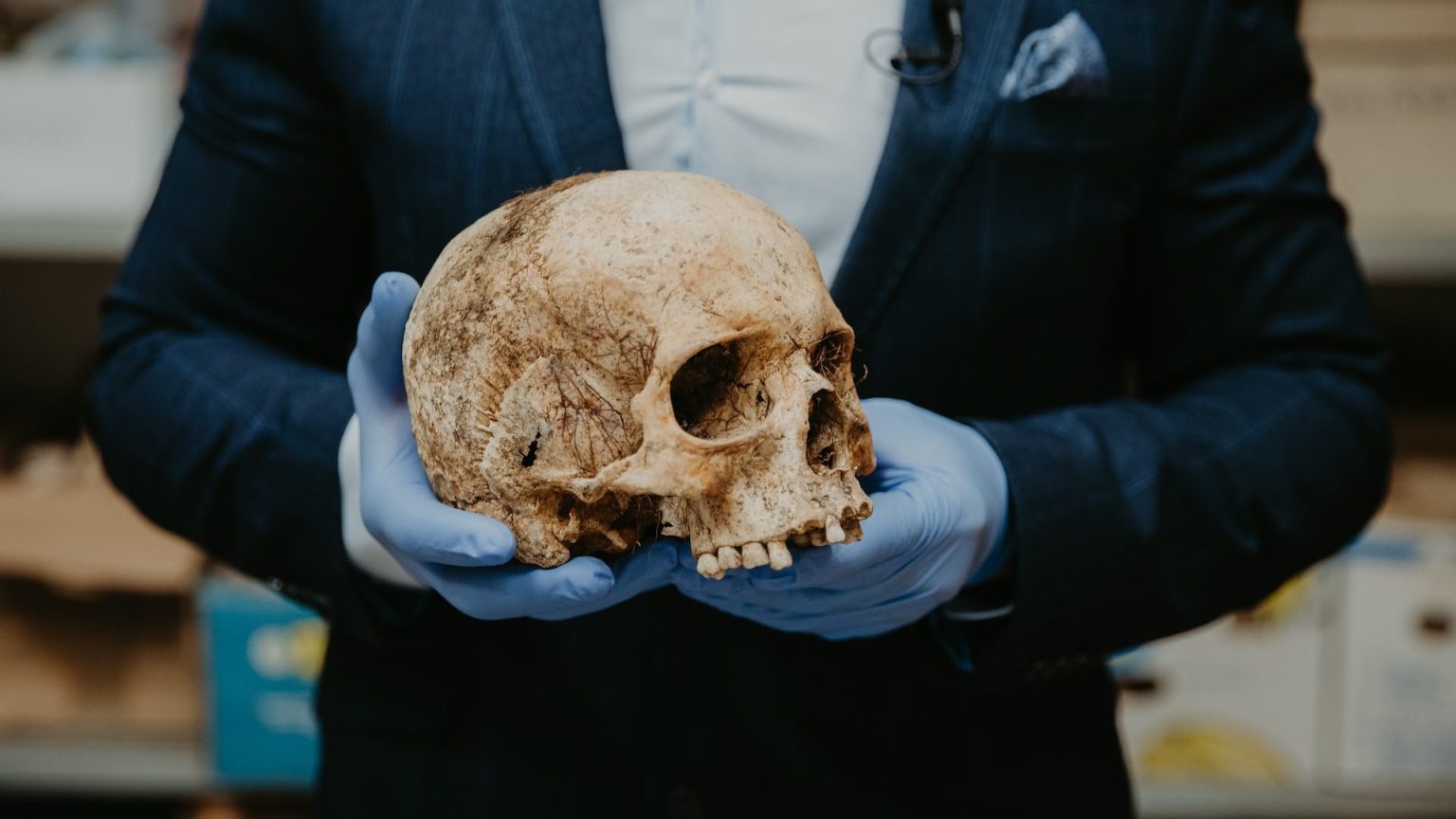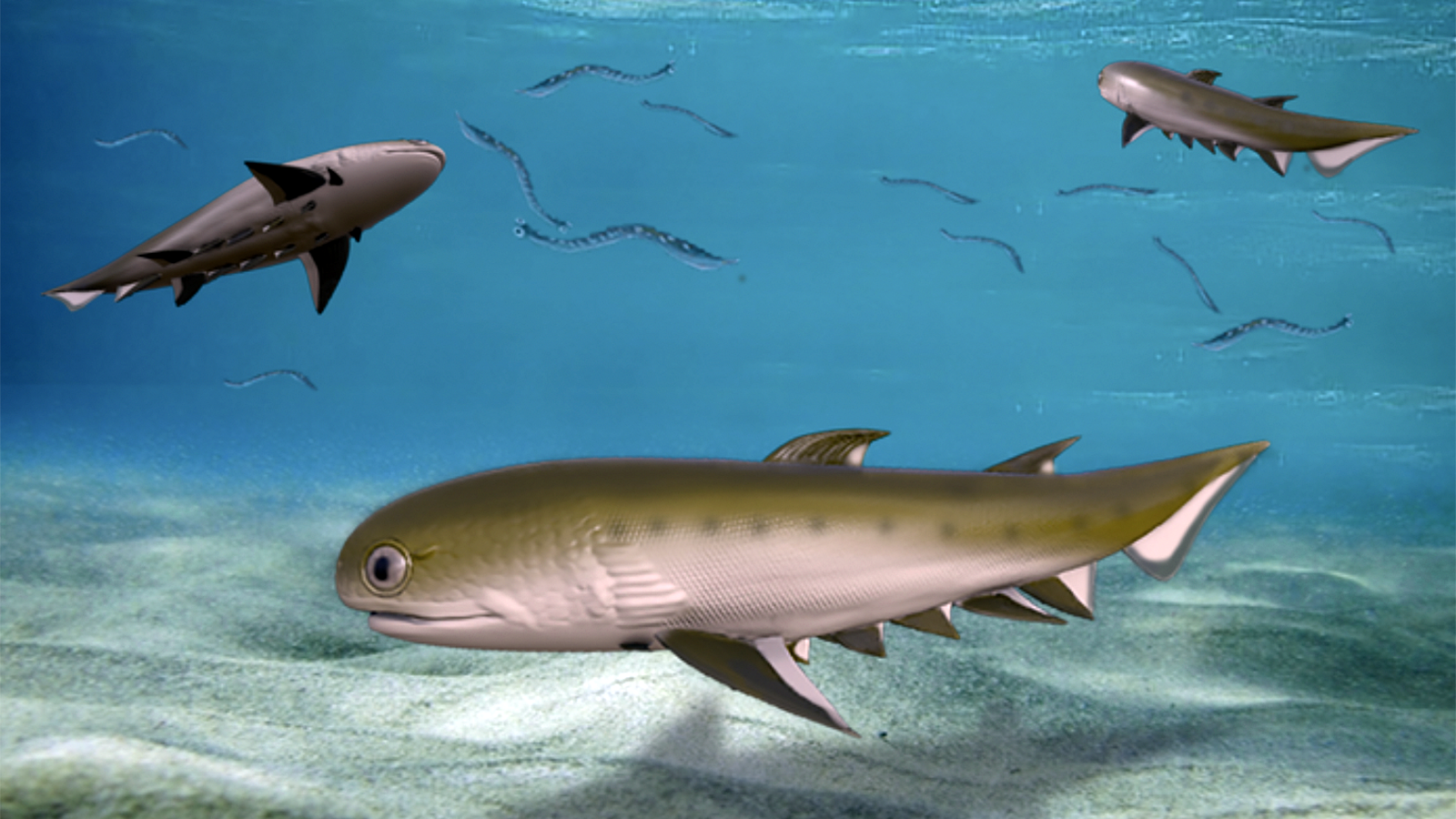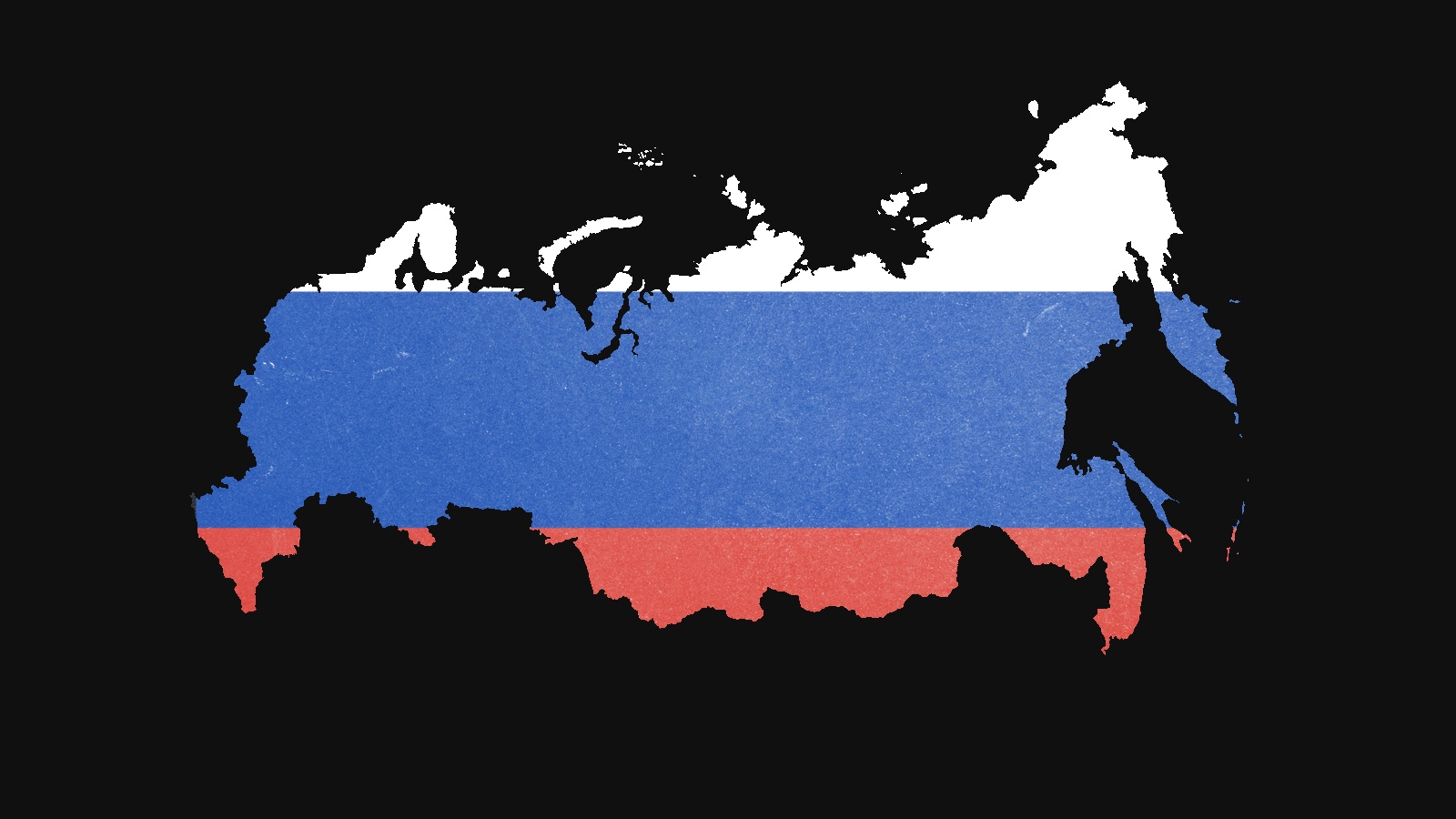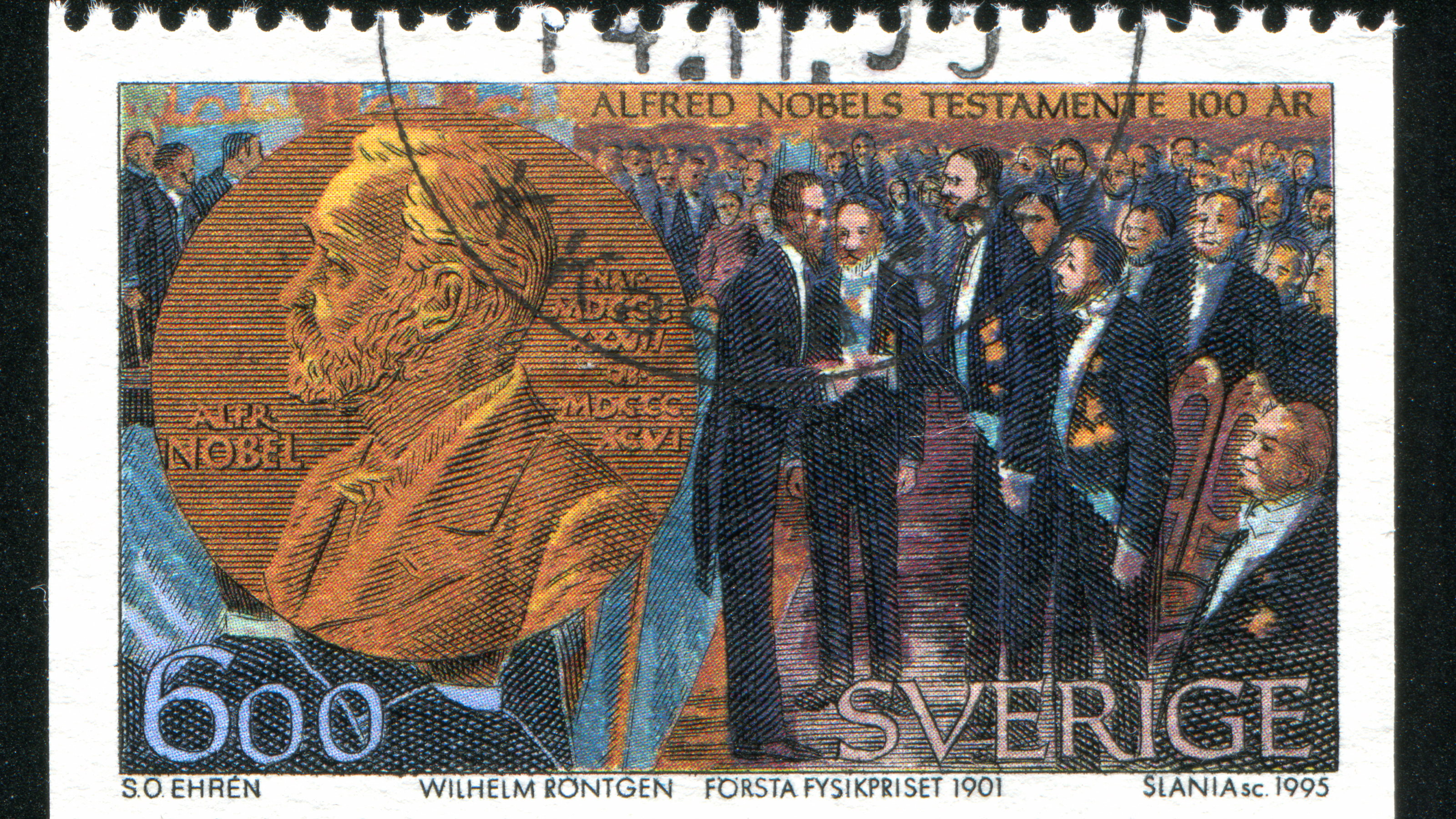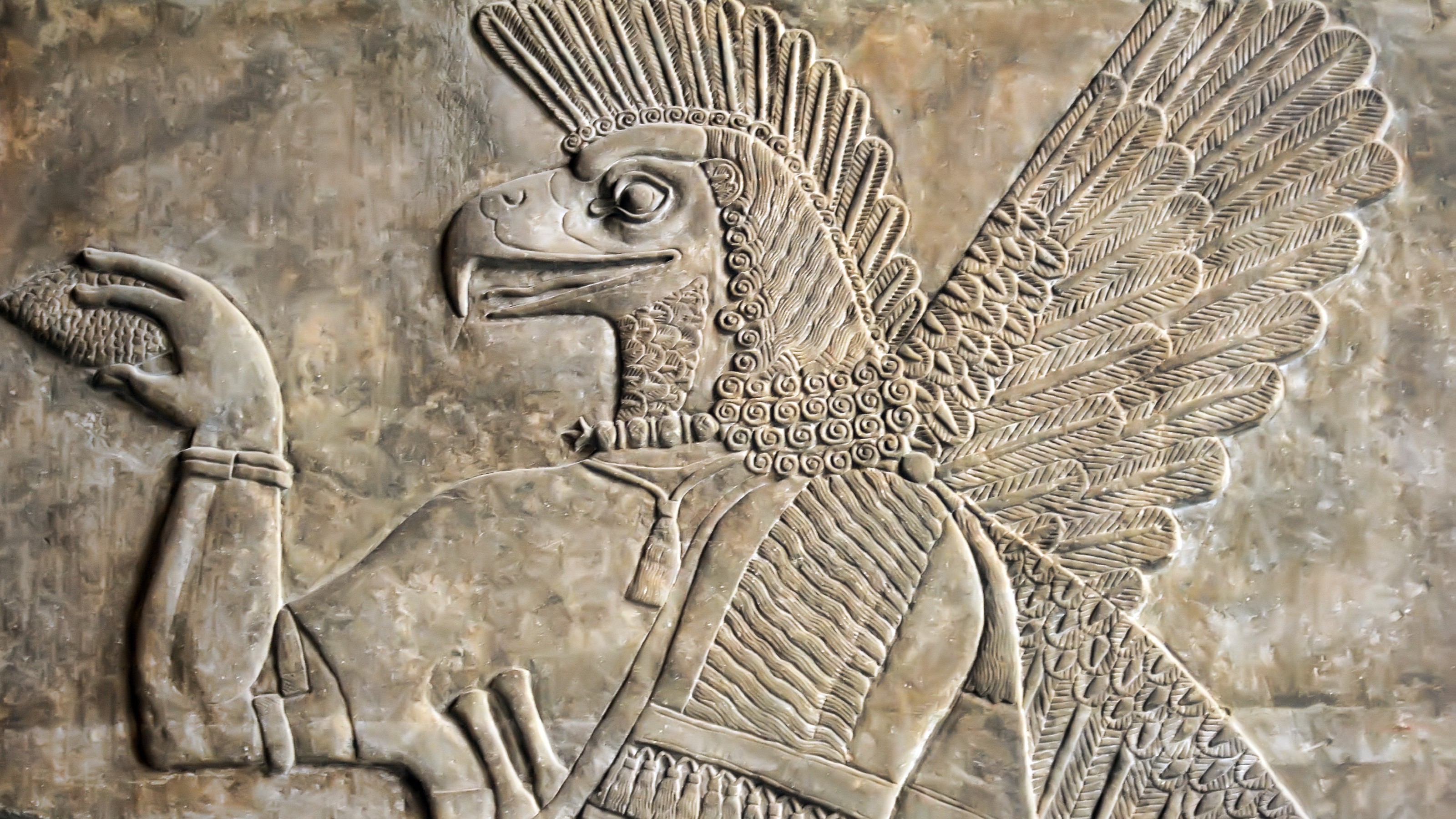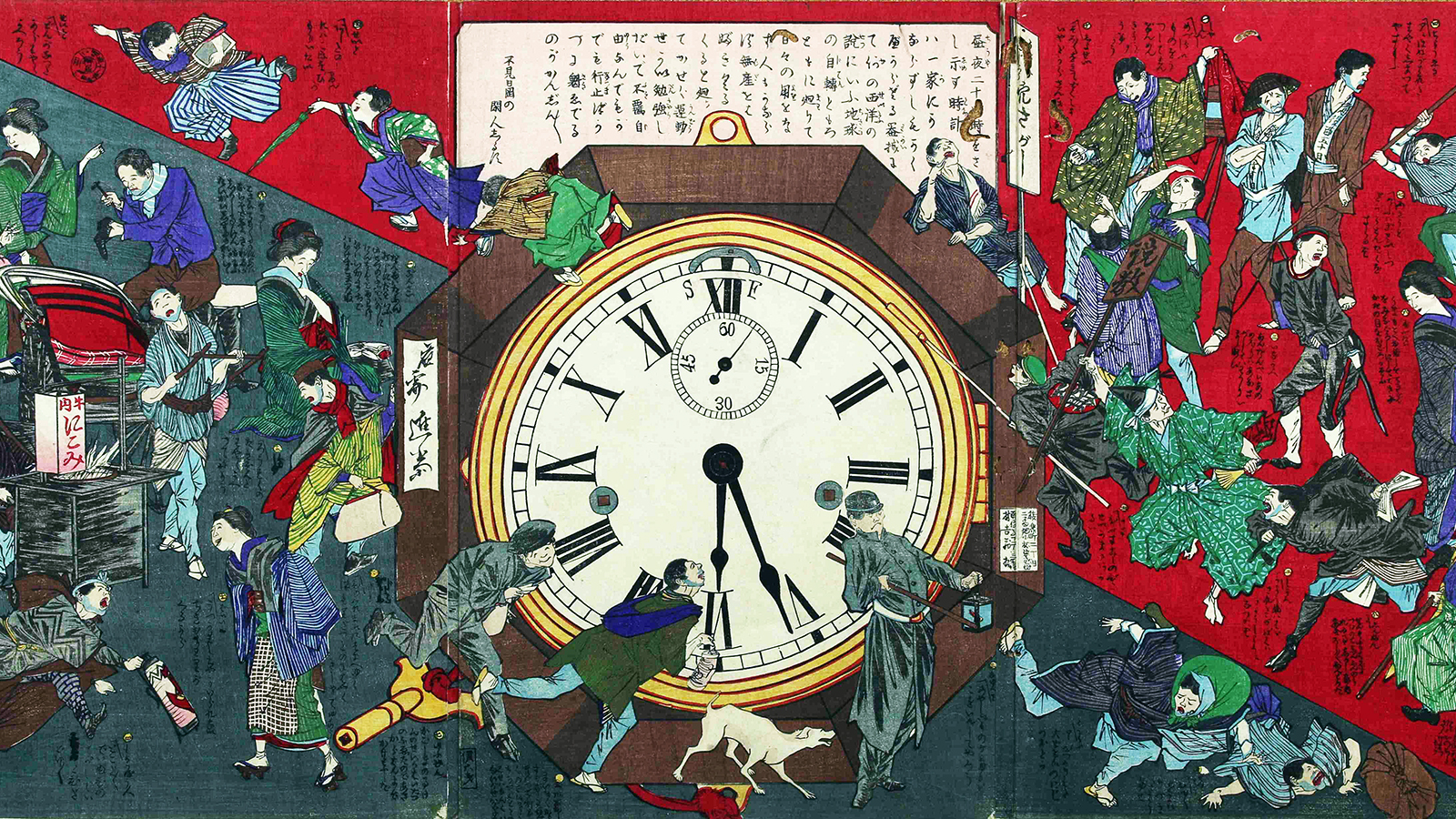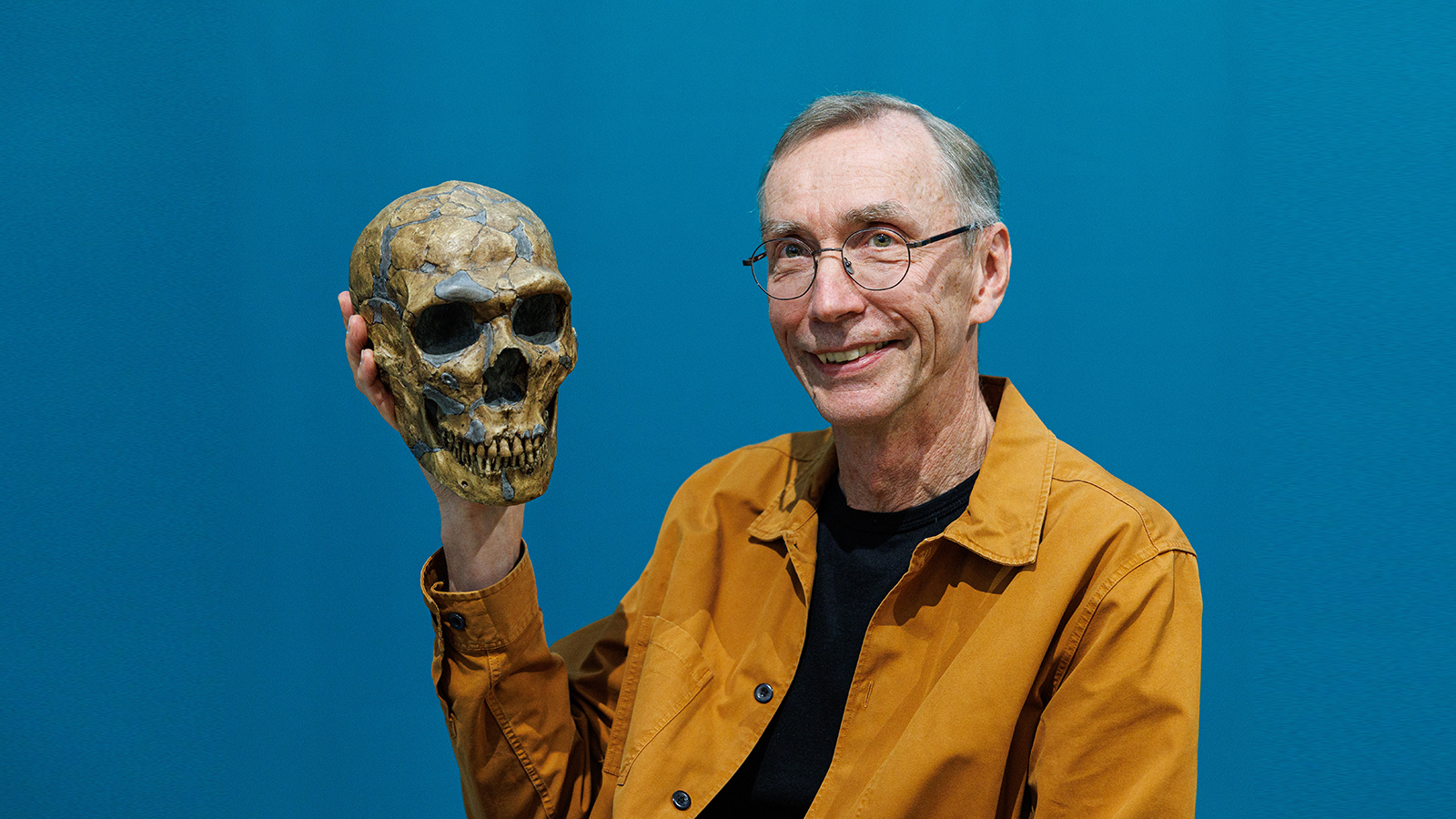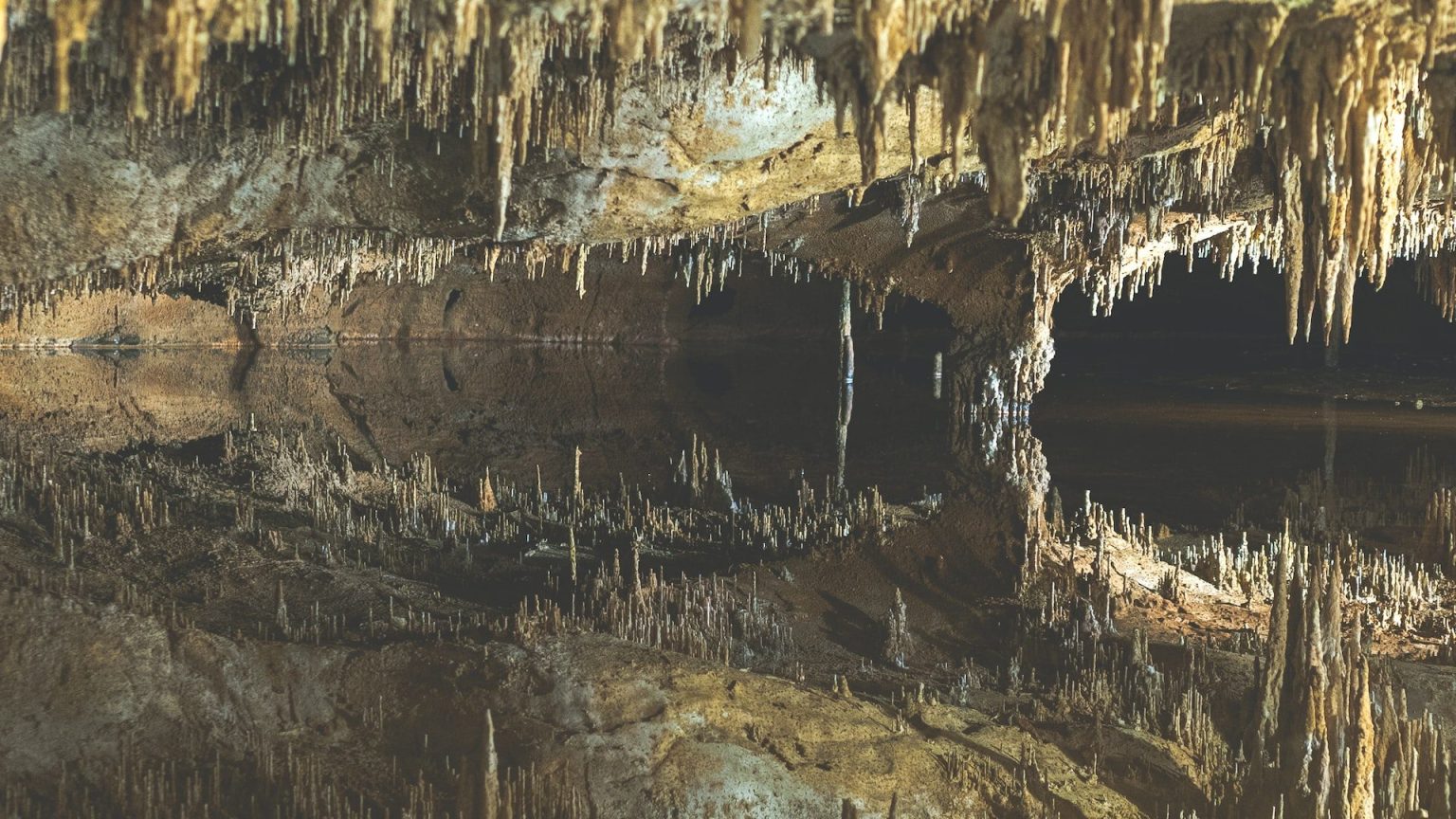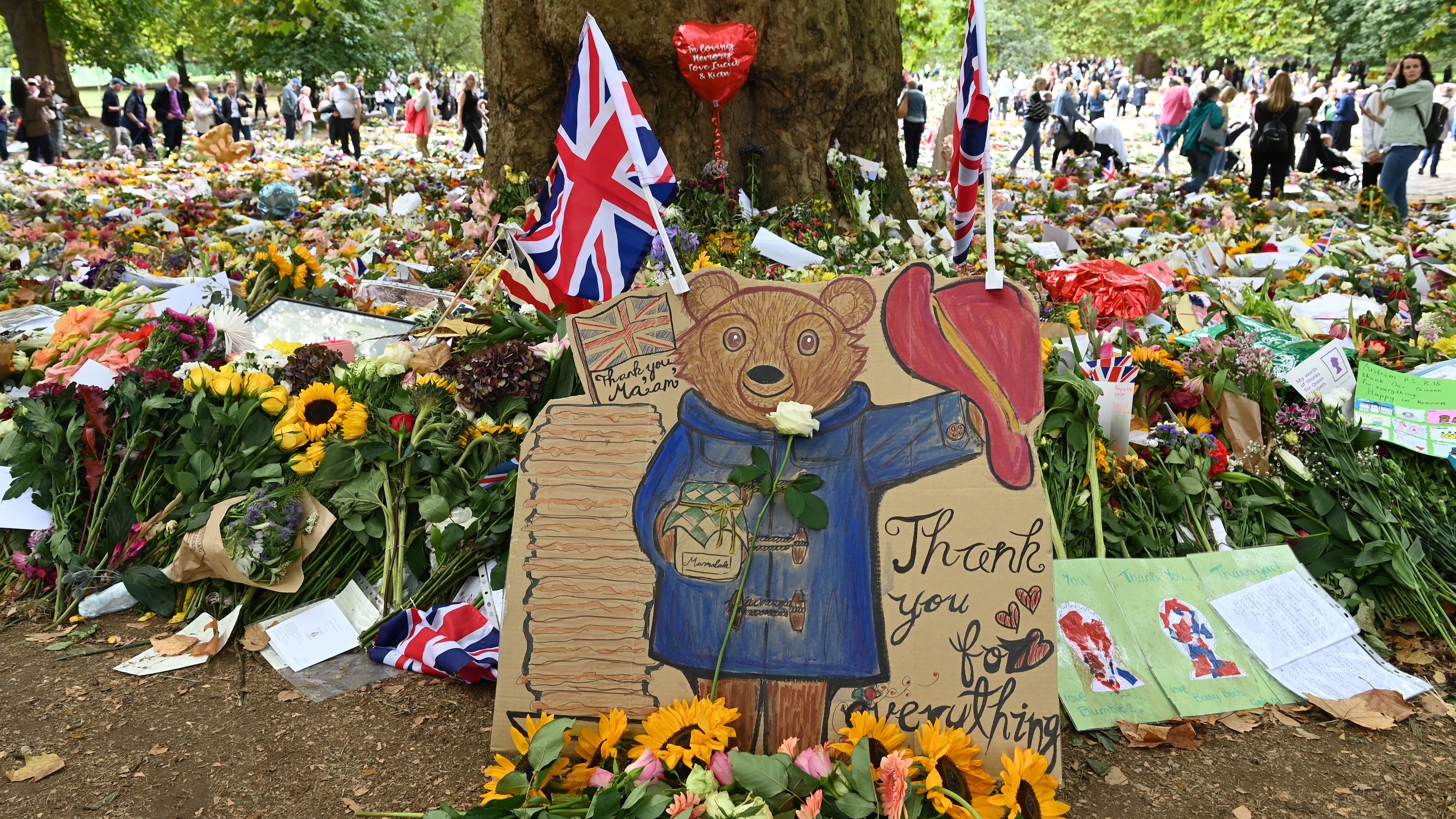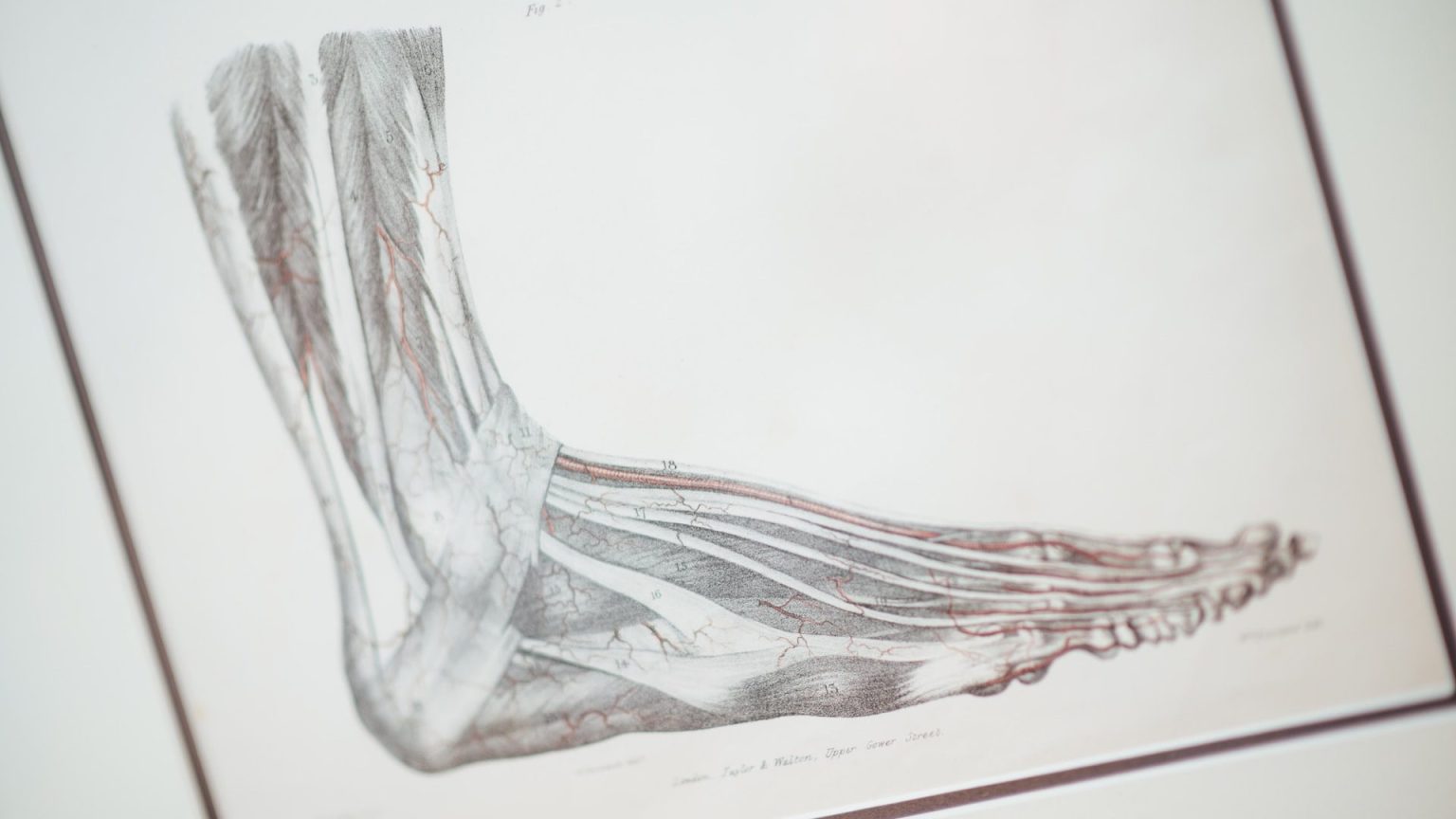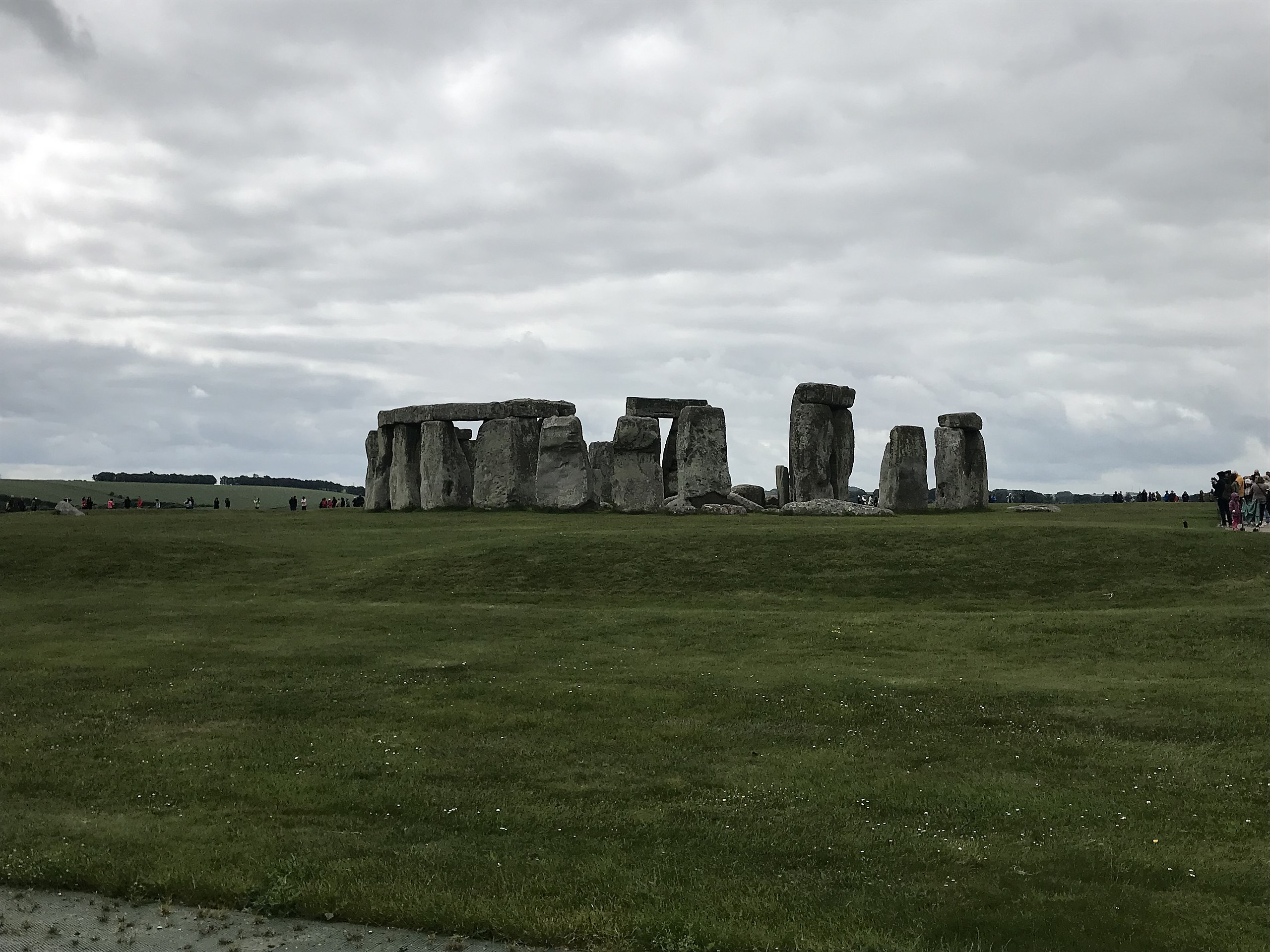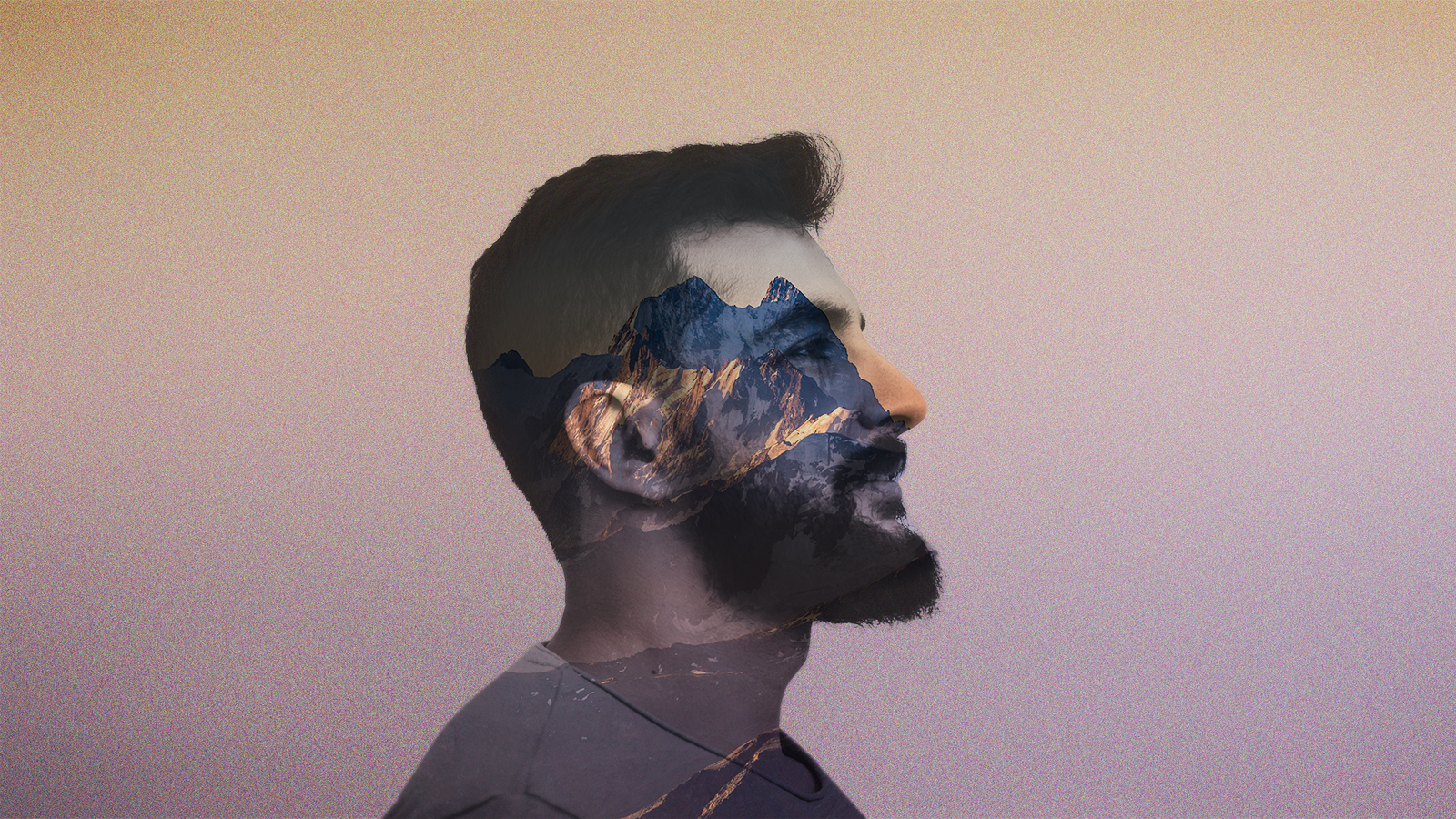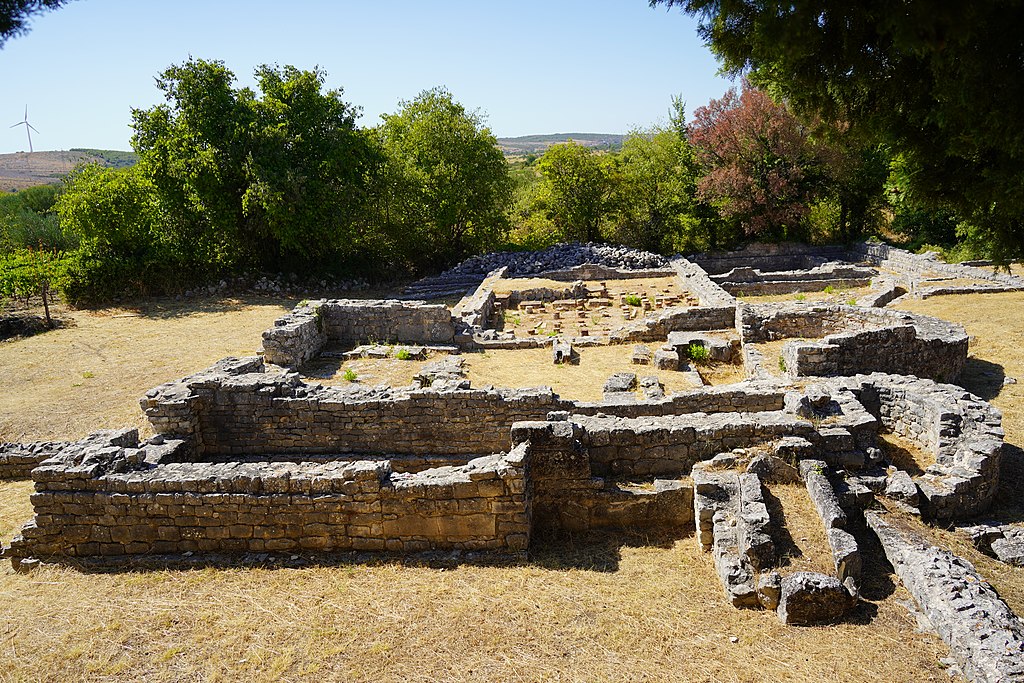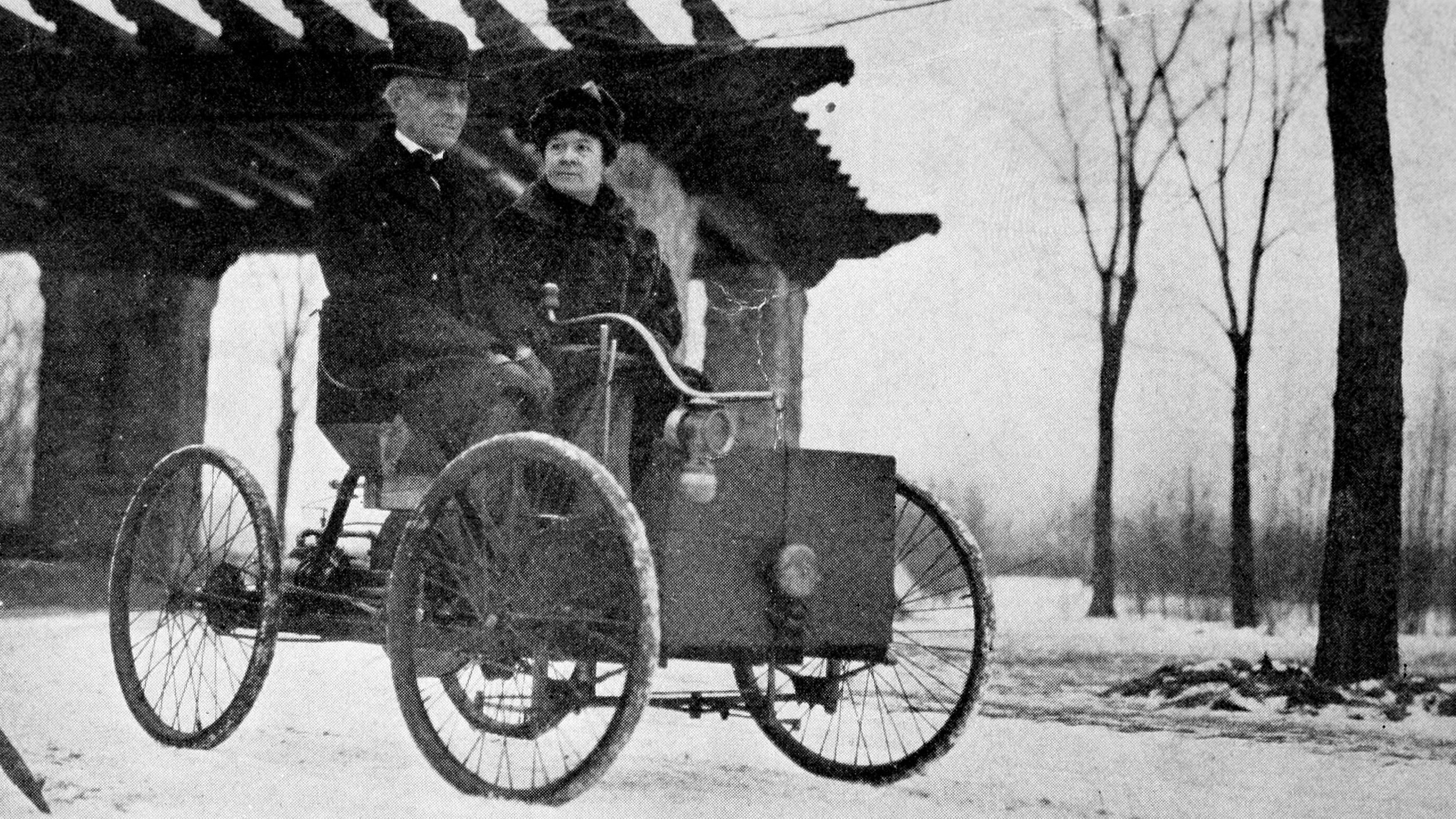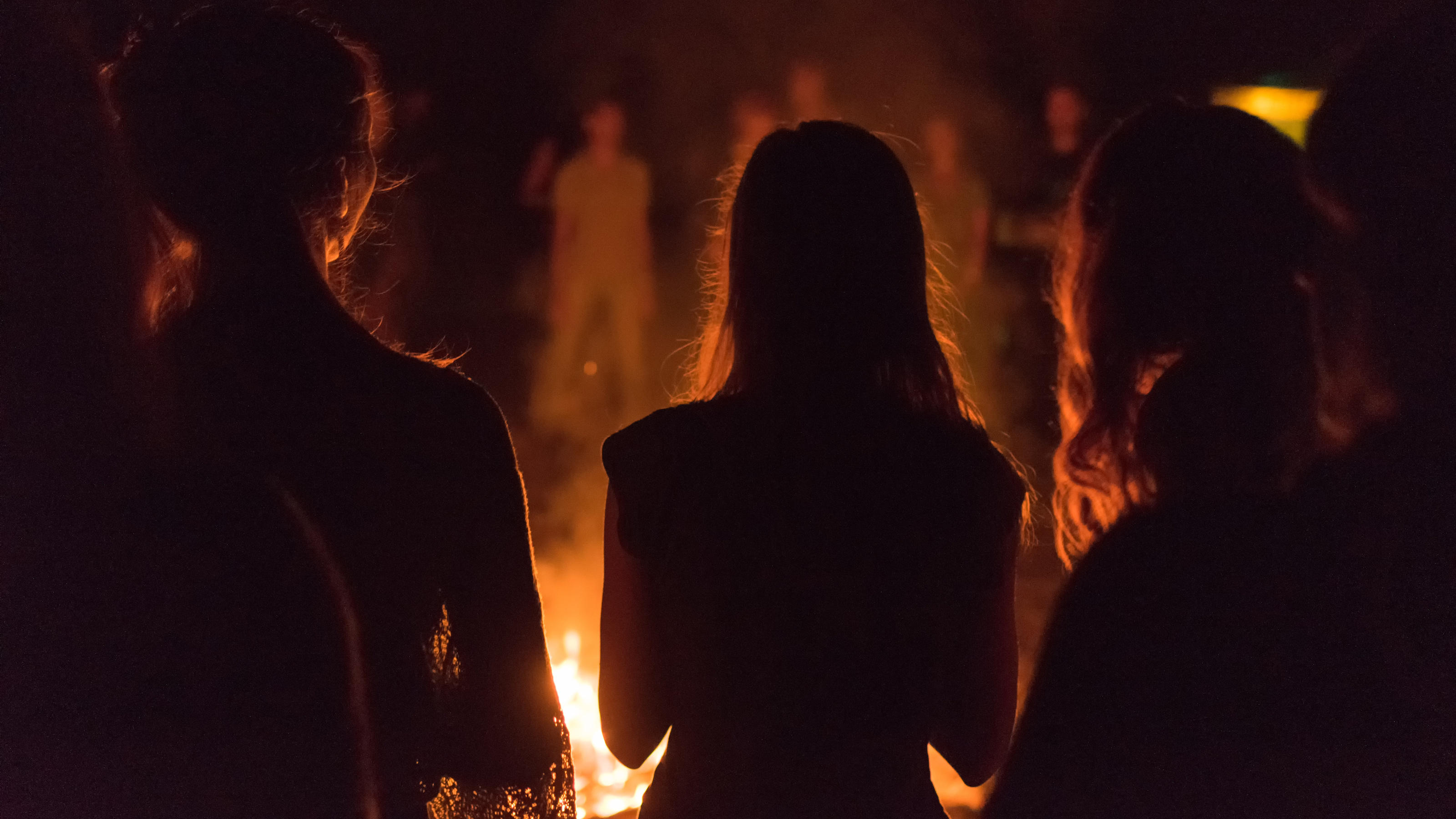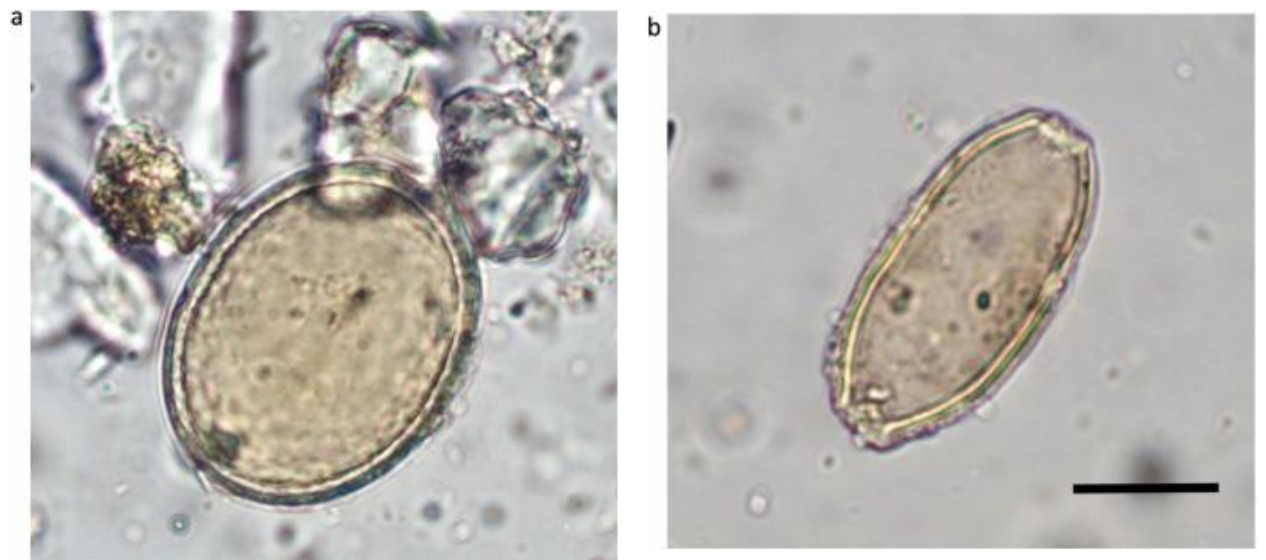The Past
All Stories
Bathybius haeckelii was briefly thought to be the link between inorganic matter and organic life.
The Knights Templar were not only skilled fighters, but also clever bankers who played a crucial role in the development of Europe’s financial systems.
Marcus Tullius Cicero is widely regarded as one of the most gifted orators in human history. His writings can teach us a lot about the lost art of public speaking.
Today’s scary clowns are not a divergence from tradition, but a return to it.
With almost every shovel of sand shifted in Egypt, another artifact comes to light.
Instead of worshipping Yahweh, the devotees were perhaps dedicated to Mars and Jupiter.
Cooperation was the first technology.
We got lucky with our evolutionary history.
Tracing the origin and development of jaws — and other anatomical features that humans share — sheds some light on how we came to be.
All nations have founding myths, but none are quite like Russia’s.
One award was for a medical procedure that incapacitated thousands of people.
Venerated astrophysicist Carl Sagan entertained the possibility.
Japan just opened to tourists for the first time since the coronavirus pandemic began, echoing the island country’s isolationist policies during the feudal era.
There were many other species of human on the planet. Svante Pääbo discovered one of them.
The monsoon rains were not always so reliable.
If you don’t mourn in North Korea, you risk being executed.
For decades, the Communist Party of China has relied on reeducation camps to reform “parasites” and persuade people to support the communist cause.
Was our distant ancestor a biped or not – i.e., human or not human?
“Spanish Stonehenge” contains 526 giant stones, three circular burial sites, a quarry, and four necropolises.
Advances in ancient DNA analysis gave researchers a new way to trace the movements of peoples across Eurasia.
On the morning of June 30, 1908, an explosion of more than 10 megatons occurred above the sparsely populated Siberian Taiga. What caused the so-called Tunguska event?
From Ramses II to Alexander the Great, these leaders helped shaped the world we know today.
The “first-of-its-kind” archeological find is being reburied despite the fact that researchers haven’t finished studying it.
Sex can be a death trap even for modern toad and frog species.
Anything, good or bad, about Henry Ford can be contradicted — except his ambition and his work.
Despite the fact that both species shared a similarly large neocortex, scientists still have many questions about how closely the function of their brains resembled our own.
